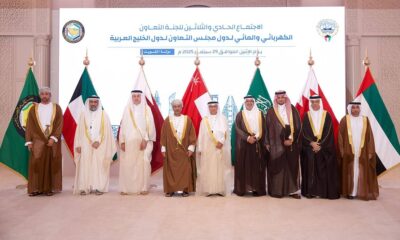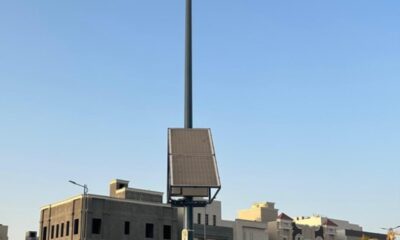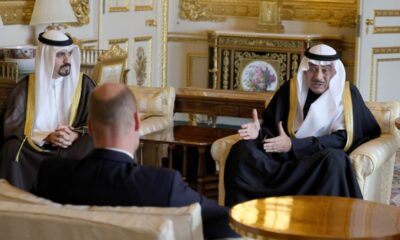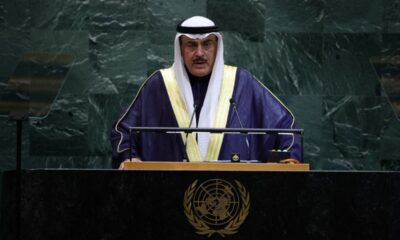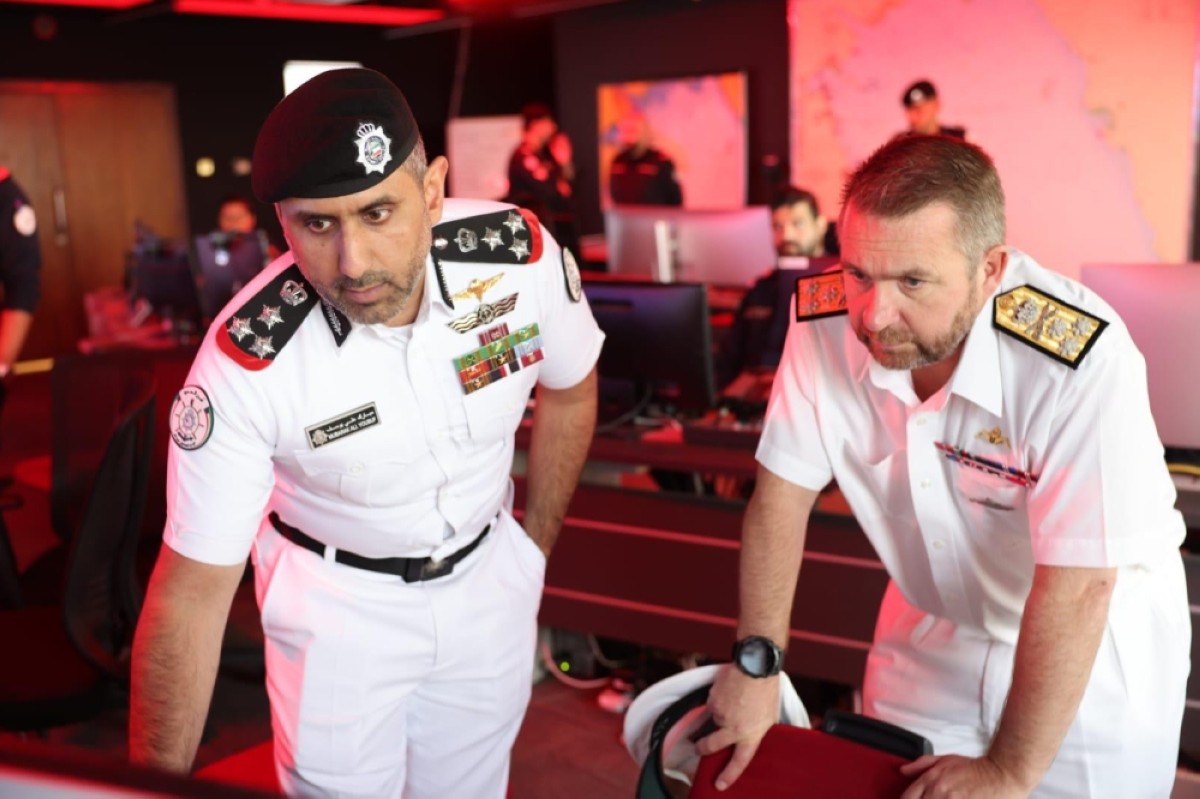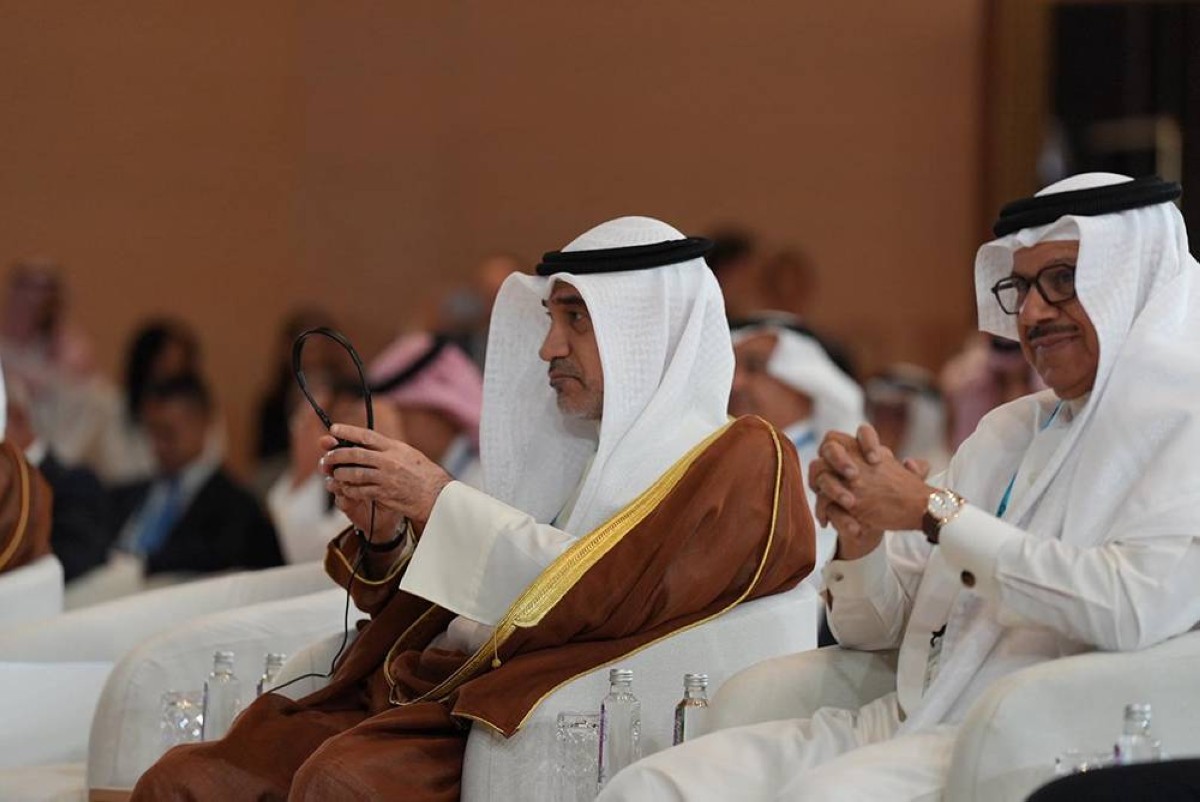KUALA LUMPUR: Energy security and environmental sustainability are among the GCC’s foremost priorities of international cooperation, said His Highness the Crown Prince Sheikh Sabah Al-Khaled Al-Hamad Al-Sabah on Tuesday.
Speaking at the second GCC–ASEAN summit in Kuala Lumpur, Sheikh Sabah Al-Khaled praised the progress ASEAN nations have made in the field of green energy. He expressed the GCC’s readiness to support climate goals through clean energy cooperation and proposed strategic partnerships in food security and digital infrastructure to strengthen resilience and innovation.
The Crown Prince also proposed designating 2026 as a “GCC–ASEAN Cultural Convergence Year,” featuring cultural weeks, forums, and exhibitions, alongside national cultural days in both regions. He also called for initiatives to empower youth and women through training, skill development, and entrepreneurship programs.
A key moment
The summit was held under the joint chairmanship of His Highness the Crown Prince Sheikh Sabah Al-Khaled, representing His Highness the Amir of Kuwait Sheikh Meshal Al-Ahmad Al-Jaber Al-Sabah and current President of the GCC Supreme Council; Malaysian Prime Minister Dato’ Seri Anwar Ibrahim, current Chair of ASEAN; and leaders of ASEAN member states.
His Highness noted that both blocs possess vast geographical, demographic, and strategic assets that qualify them to play an influential global role, especially amid accelerating economic changes, security challenges, climate risks, and technological revolutions that demand new patterns of cooperation.
Sheikh Sabah Al-Khaled described the summit as a key moment in strengthening ties between the GCC and ASEAN, and as a reaffirmation of their collective commitment to building a strategic partnership rooted in mutual interests, international law, and inclusive sustainable development.
He recalled the first summit held in Riyadh in October 2023, calling it a successful launchpad that helped shape the current strategic cooperation framework (2024–2028). He said this serves as a roadmap for institutionalizing the partnership and translating it into practical tools for progress.
His Highness highlighted the combined economic and demographic power of the two blocs, with a total GDP nearing $6 trillion and a population of around 740 million. “The importance of this partnership lies in the fact that both sides together represent a tremendous economic and human force,” he said. “We are connected by some of the world’s most vital maritime and trade routes, giving our cooperation a geopolitical and strategic dimension that directly impacts regional stability and global economic growth.”
Economic achievements
He welcomed the economic achievements since the first summit, particularly in trade and investment, and called for keeping pace with developments in artificial intelligence and cybersecurity.
He noted that the GCC became ASEAN’s seventh-largest trading partner in 2023, with total trade reaching $130.7 billion. He projected a 30 percent increase to $180 billion by 2032. Bilateral trade in goods surpassed $122 billion in 2023, with rising Gulf investments in Asia reflecting growing trust and economic complementarity.
He urged continued efforts to enhance cooperation in economic, investment, trade, and technical sectors, including positive progress in free trade negotiations and policies to support investment and regional supply chains.
Security cooperation
His Highness reiterated the GCC’s commitment to constructive dialogue, mutual understanding, respect for sovereignty, and non-interference in internal affairs. He called for enhanced cooperation to combat terrorism, extremism, organized crime, and for stronger crisis response mechanisms.
His Highness emphasized energy security and environmental sustainability as top priorities and praised ASEAN’s progress in renewable energy. He expressed GCC readiness to exchange expertise in clean energy, green hydrogen, and low-carbon technologies to support the Paris Climate Agreement goals.
In light of global crises and the COVID-19 pandemic, he proposed strategic partnerships in agriculture, food innovation, and supply chain resilience. He called for cooperation in building an inclusive digital economy and infrastructure, including sharing best practices in e-commerce and digital transformation.
Palestine, regional issues
His Highness expressed deep concern over the ongoing humanitarian crisis in Gaza and the occupied Palestinian territories. He reaffirmed the GCC’s firm support for the Palestinian people’s right to establish an independent state along the June 4, 1967 borders with East Jerusalem as its capital.
He called on the international community to uphold its legal and moral responsibilities to halt aggression, protect civilians, and revive a credible peace process based on international legitimacy and the Arab Peace Initiative. He also welcomed ASEAN’s supportive stance toward Palestinian rights.
On Syria, His Highness welcomed recent positive developments and reaffirmed the GCC’s support for preserving Syria’s sovereignty and enabling stability and reconstruction for the Syrian people.
Expo 2030
His Highness emphasized that the success of the summit would not be measured by declarations alone, but by the translation of goals into tangible results. He proposed establishing a high-level follow-up mechanism supervised by both blocs’ Secretariats to regularly report on progress.
He concluded by inviting ASEAN countries to participate in Expo 2030 in Riyadh, describing it as a global platform for showcasing sustainable partnerships, future technologies, and economic and cultural openness.
His Highness expressed appreciation to Malaysia once again and wished the summit great success in achieving its noble objectives, and for continued prosperity in GCC–ASEAN relations. — KUNA
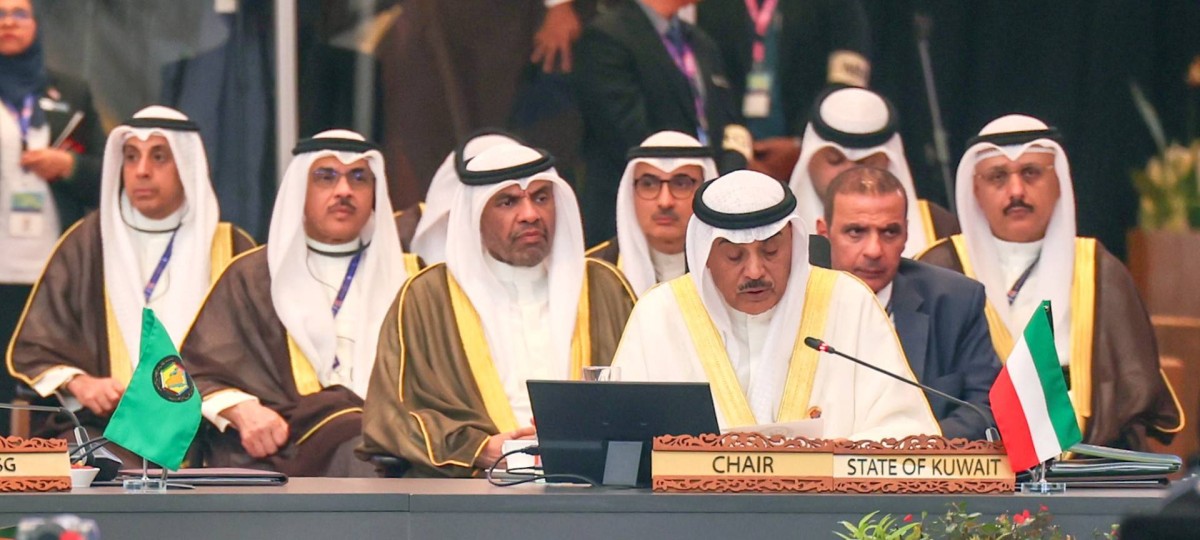

 Latest News22 hours ago
Latest News22 hours ago
 Politics8 hours ago
Politics8 hours ago
 Business15 hours ago
Business15 hours ago
 Latest News15 hours ago
Latest News15 hours ago
 Latest News13 hours ago
Latest News13 hours ago
 Latest News6 hours ago
Latest News6 hours ago
 Politics5 hours ago
Politics5 hours ago
 Latest News5 hours ago
Latest News5 hours ago
